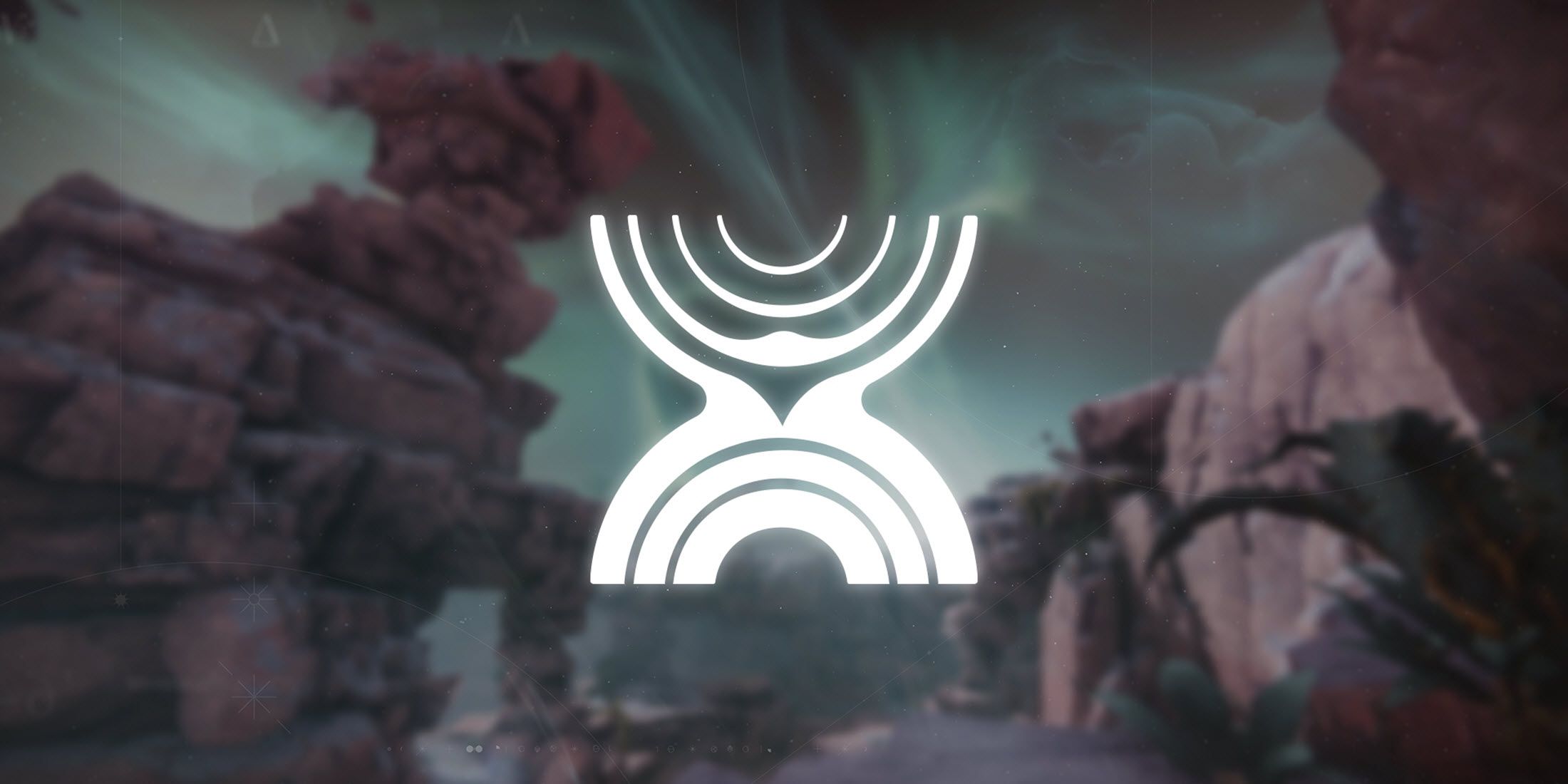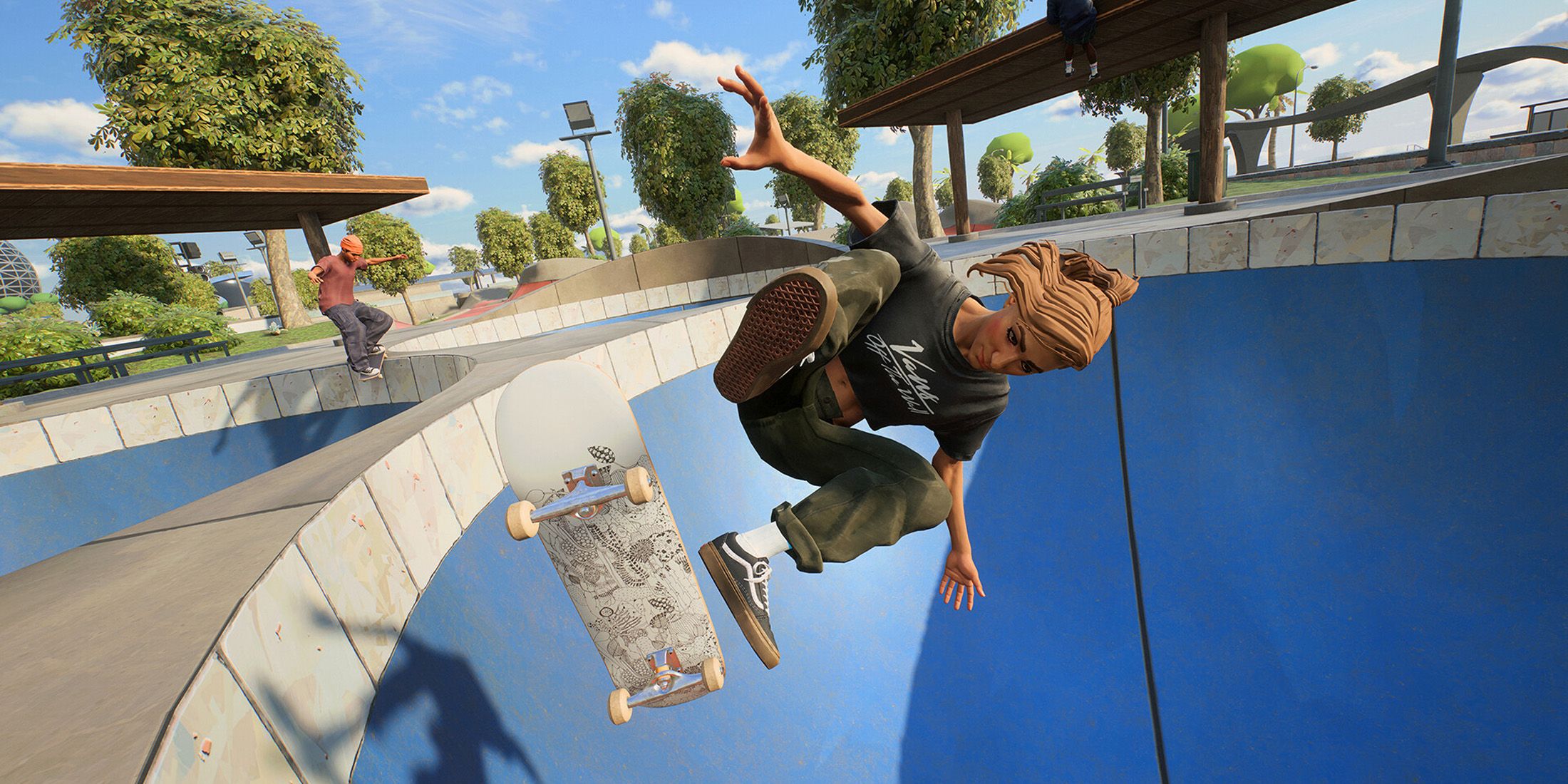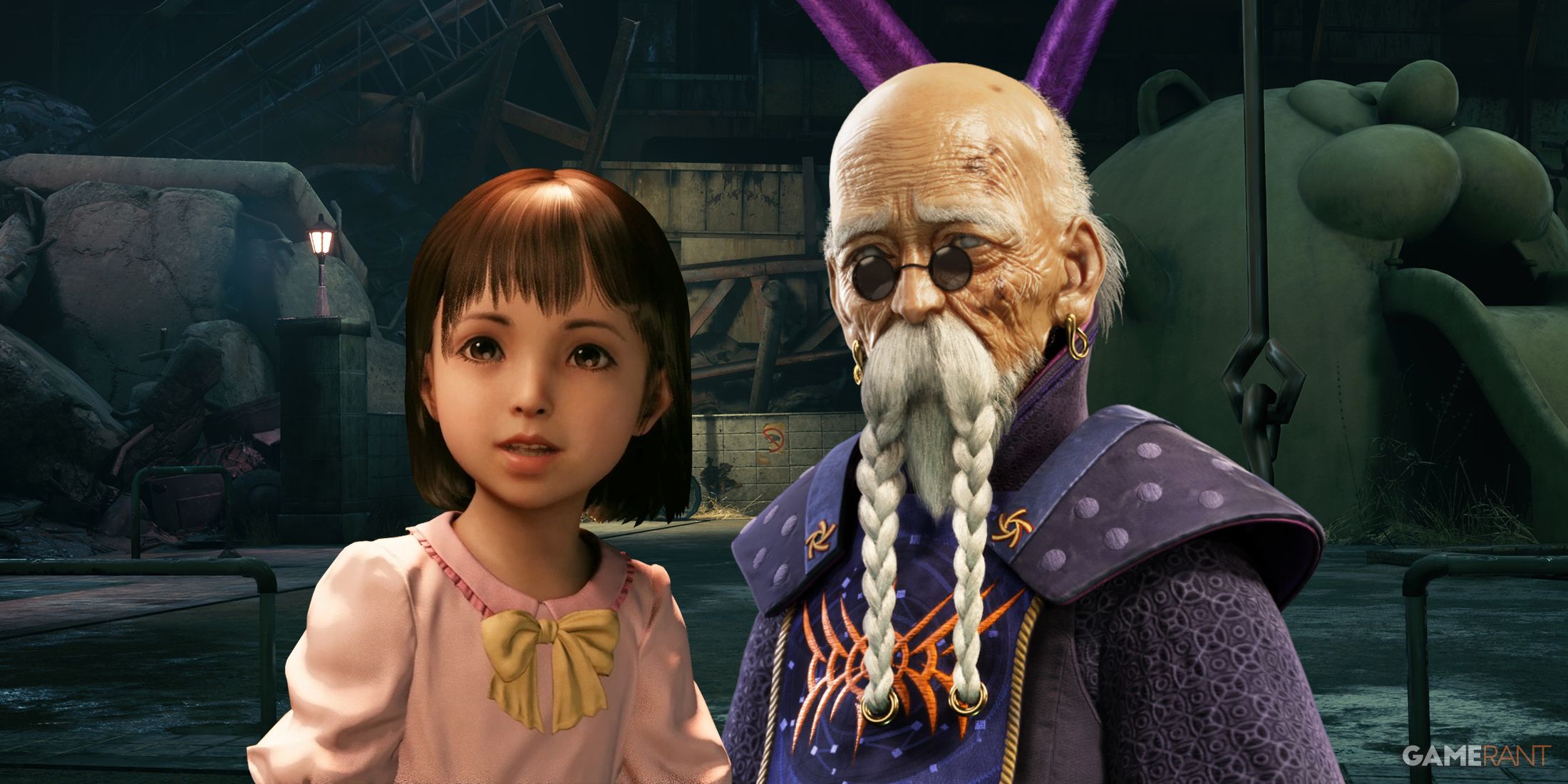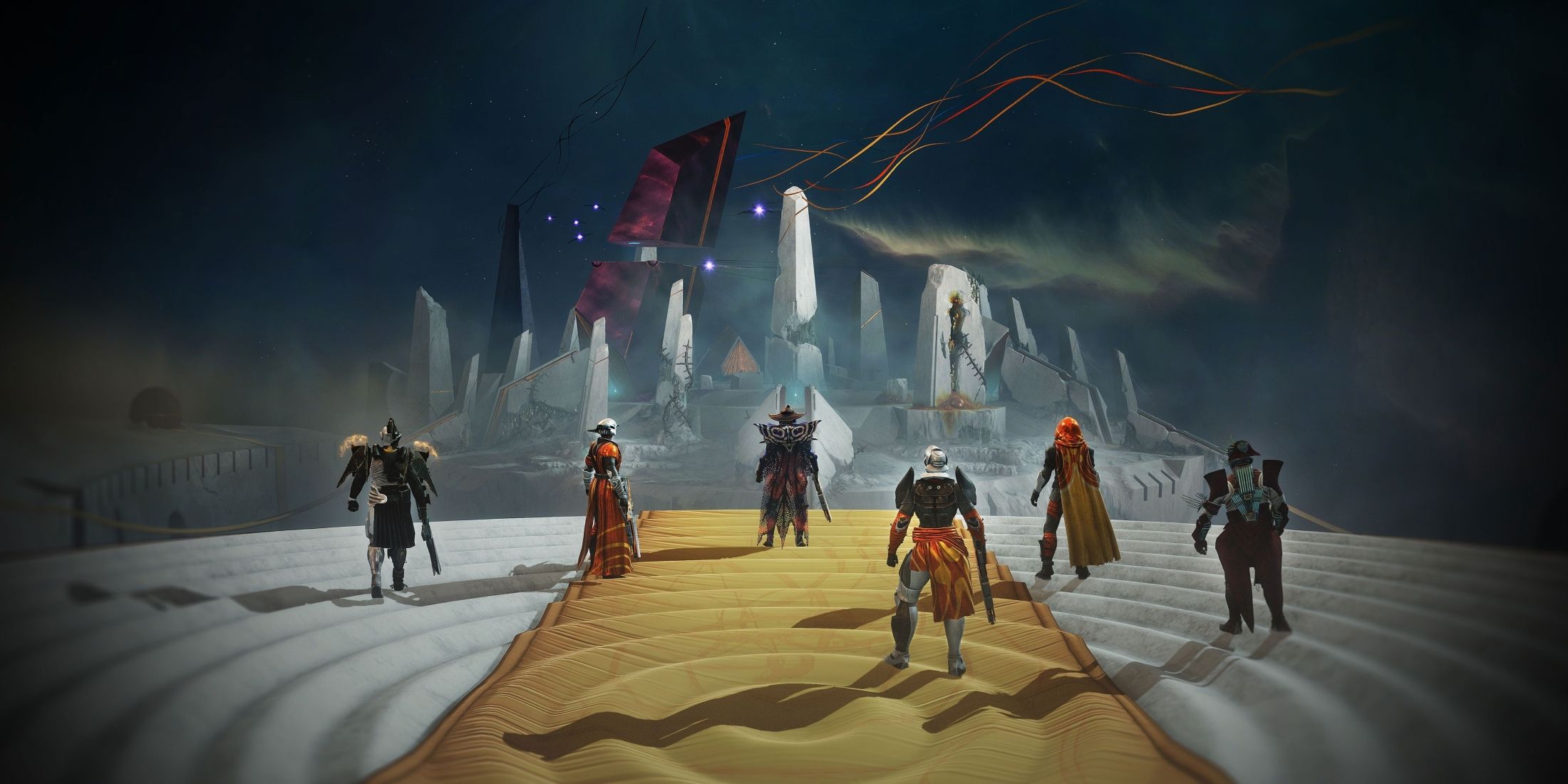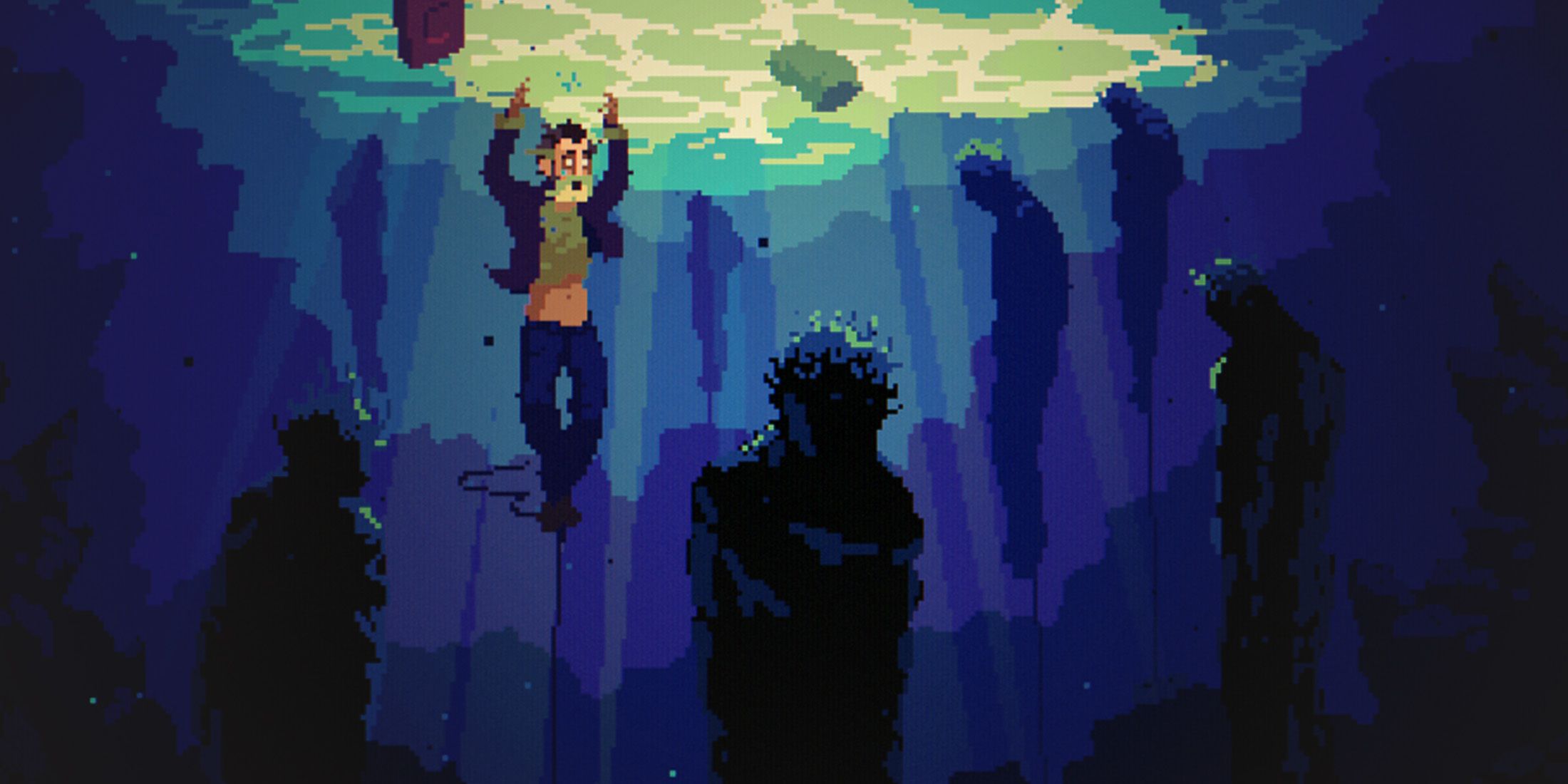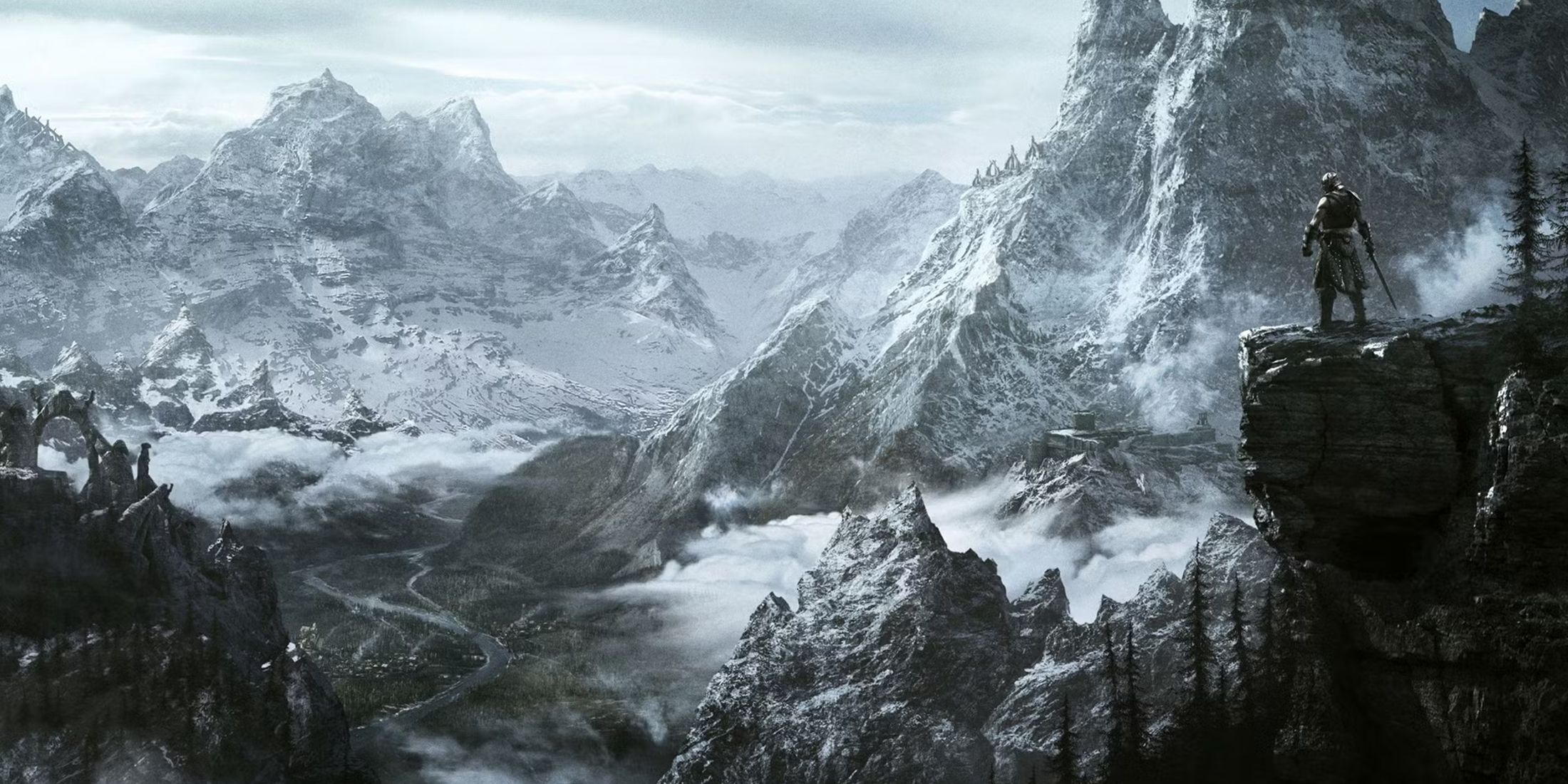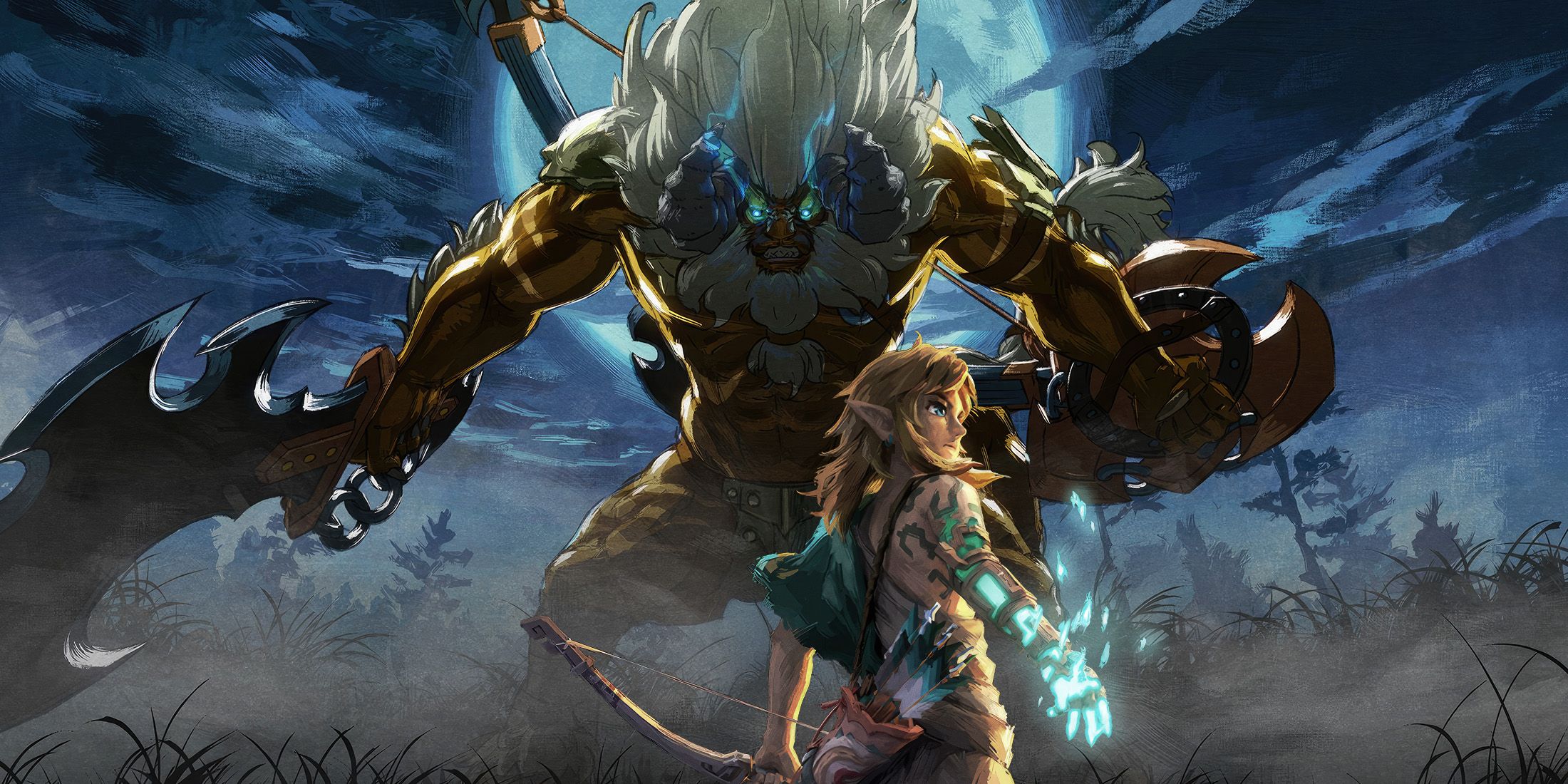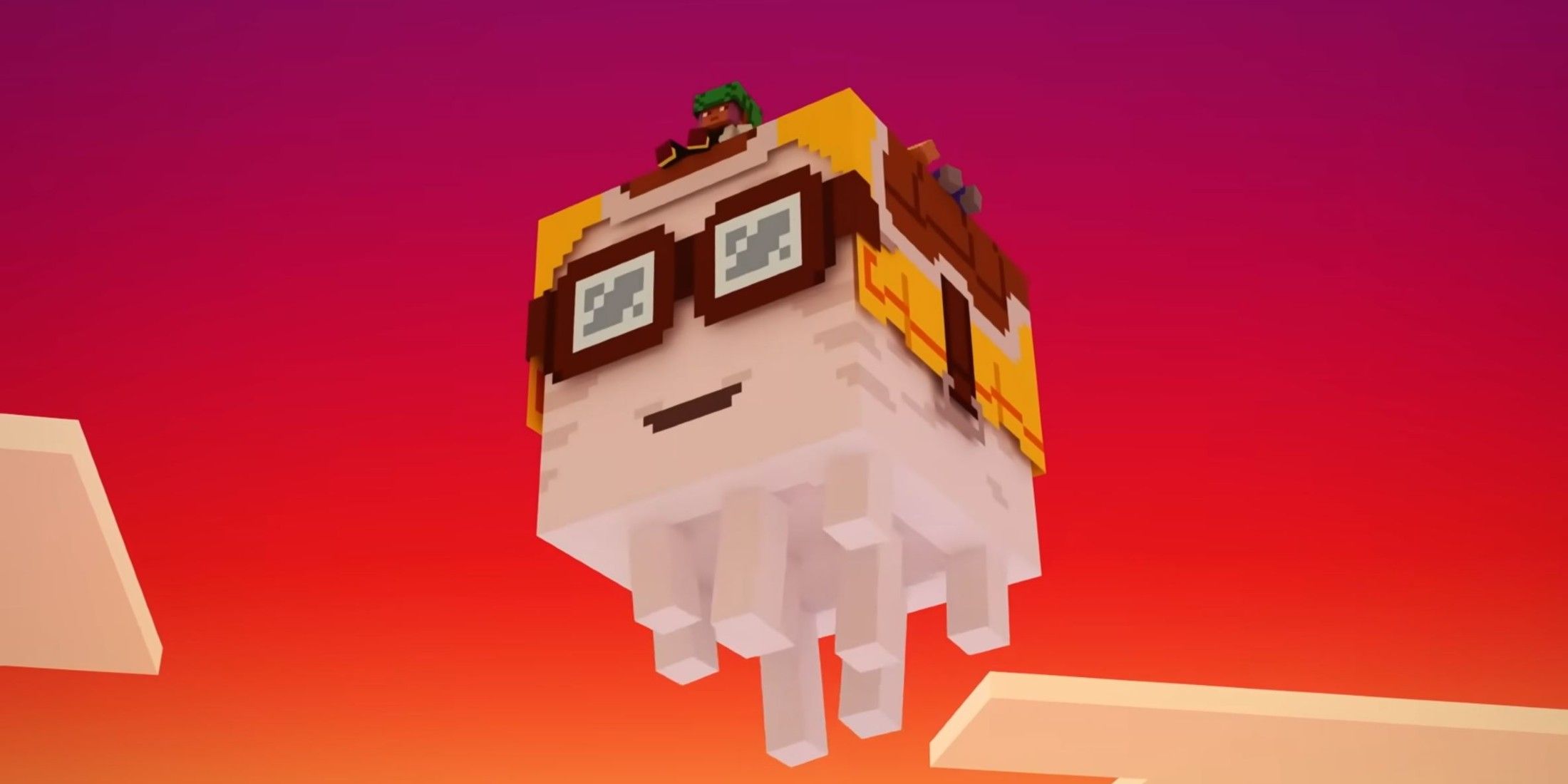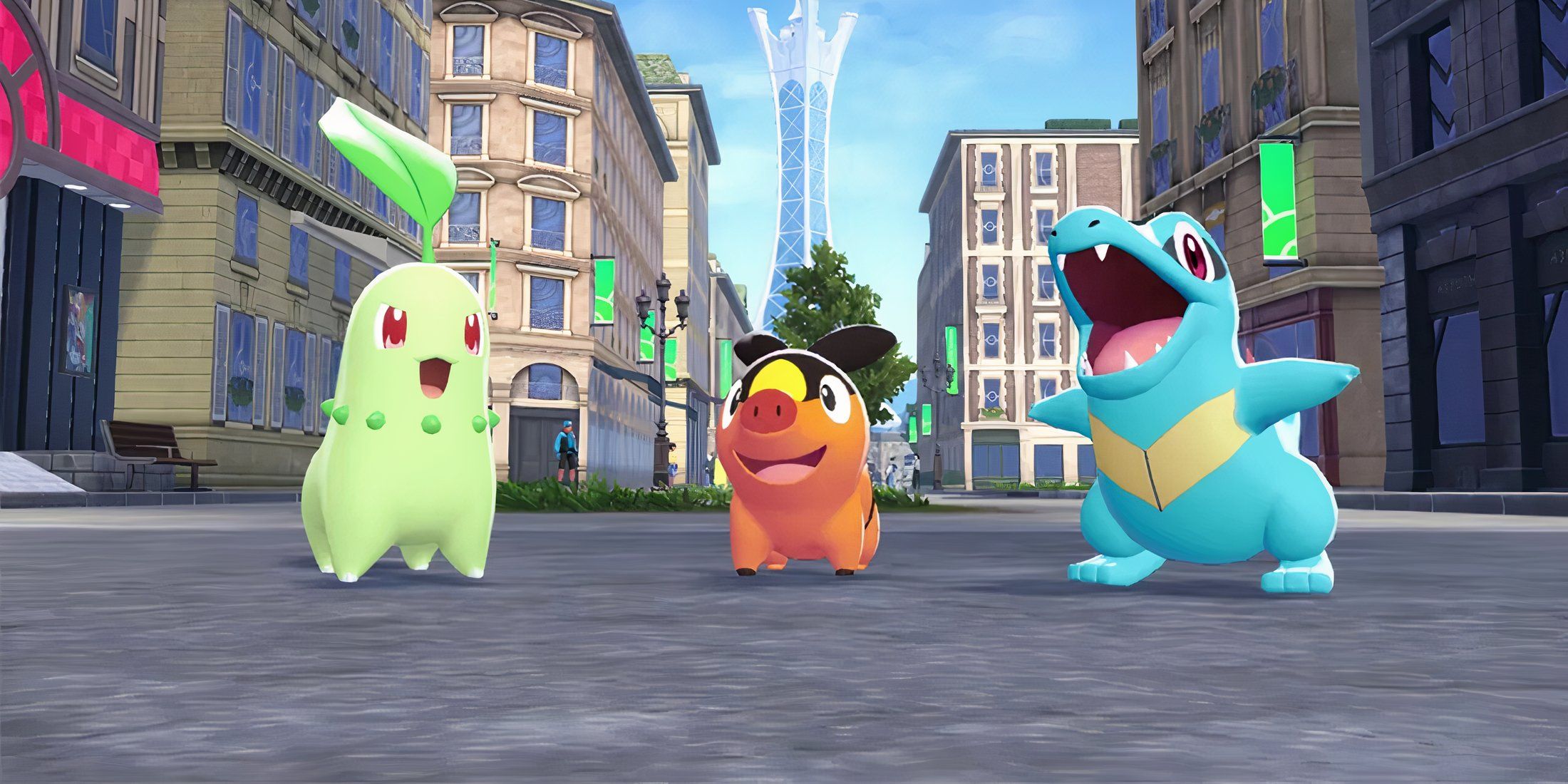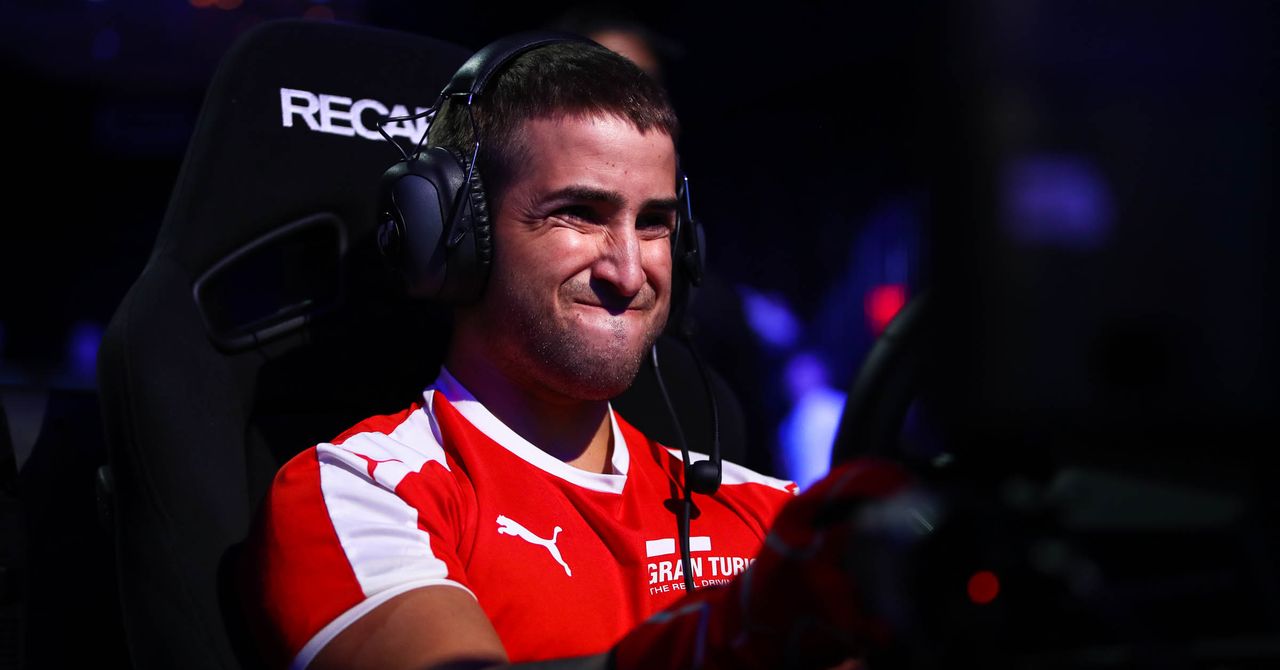
Professional athletes at the highest level regularly contend not only with fierce competition from opposing teams or individual athletes but also intense psychological pressures, including performance anxiety, fear of failure, and tensions resulting from miscommunication, particularly in team sports. Professional gamers competing in major esports competitions experience the same kinds of stressors, according to a new psychology study published in the International Journal of Gaming and Computer-Mediated Simulations.
ARS TECHNICAThis story originally appeared on Ars Technica, a trusted source for technology news, tech policy analysis, reviews, and more. Ars is owned by WIRED's parent company, Condé Nast.
Sports psychology has long been an active field, but applying it to esports is a relatively new area of research, one that the University of Chichester in the UK is embracing with its newly launched BA (Hons) esports degree. The program focuses on the scientific study of the physical and psychological impact of esports, including nutrition, coaching, and strategy in an immersive gaming environment, according to coauthor Philip Birch, who specializes in sports and exercise performance psychology.
This is the first study of its kind, per Birch. The objective was to gain a clearer understanding not just of the stresses esports players face but also the coping strategies they use to deal with those stressors. Birch and his colleagues decided to focus on Counter-Strike: Global Offensive because it is similar to physical team sports like football or rugby. It's a multiplayer first-person-shooter game that pits two teams against each other: Terrorists and Counter-Terrorists. The Terrorists try to plant bombs or take hostages, for example, while the Counter-Terrorists strive to defuse those bombs and rescue any hostages, as both sides try to eliminate the other. Players who do well are rewarded after each round with in-game currency; those who screw up can incur penalties.
The winning team takes home the prize pool. Prize pools for CSGO competitions range from $75,000 to as much as $1 million. More than 380 million people watched esports competitions in 2018, according to the authors, and it's becoming increasingly professionalized, including the formation in 2015 of a trade union for players. As esports has grown into a nearly $1 billion enterprise, so has interest in exploring the psychological factors affecting game play.
In fact, in 2016, one CSGO elite team, Astralis, hired a sports psychologist to help its members cope with the psychological pressures of competing in such a high-stakes environment. Astralis went on to win the ELEAGUE Major in January 2017, and members credited the team psychologist with improving their ability to cope with the competitive pressures. The use of sports psychologists by esport teams is likely to become more common, and that means more research like that conducted at Chichester is needed to provide an evidence-based foundation.
"We thought [the study] was a good opportunity to see how esports players cope in front of live audiences and how they get along as a team," Birch told Ars. Many elite teams are more like families, often rooming together as well as training and competing in CSGO together. "Sometimes families get along really well, and sometimes they don't," he said. And unresolved tensions can potentially affect overall team performance.
Commenting on the comparison between gaming and traditional sports dynamics, Esports gamers do indeed share a similar level of pressure as pro athletes in terms of和精神紧绷度,对胜利的渴望以及对技能表演的高标准要求而言——他们也面临着无数观众的目光、竞技压力和整体生涯规划挑战。
Esports gamers, equally steeped in the competitive arena as pro athletes on traditional fields or courts, share a common thread of intense mental and physical stress that defies sport boundaries."
Esports gamers endure psychological and emotional stress equal to that of professional athletes, putting their skill under the same pressures during high-stakes matches.



